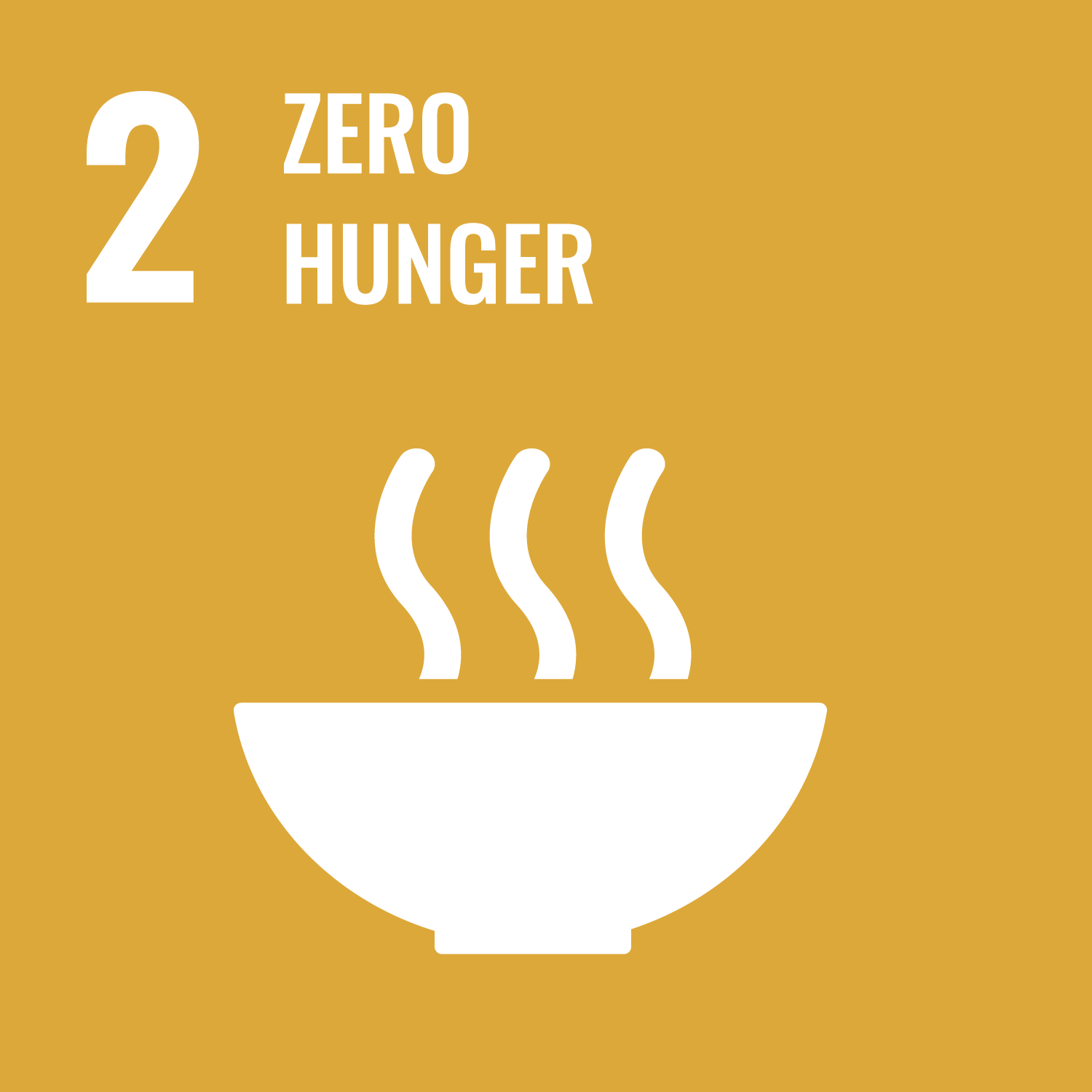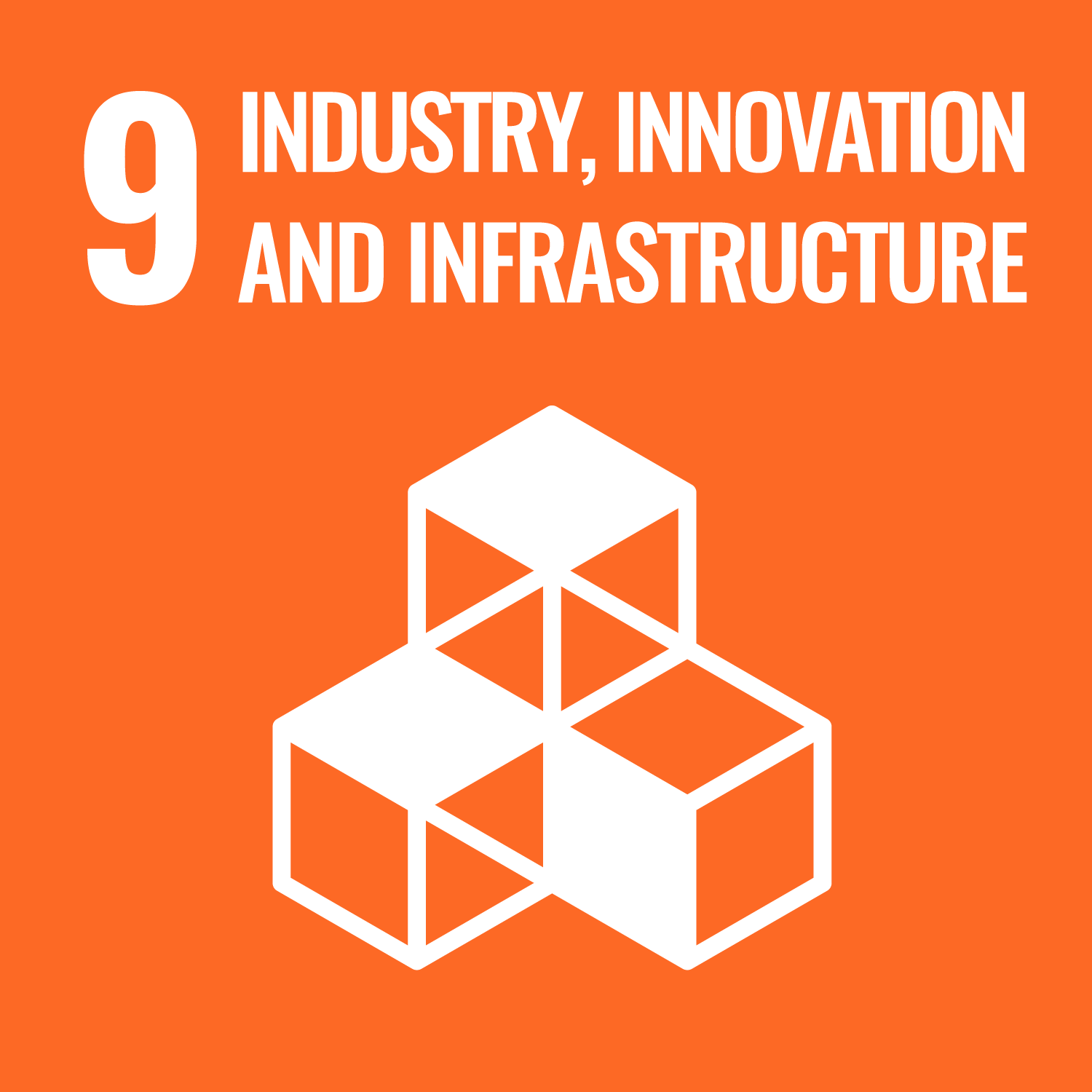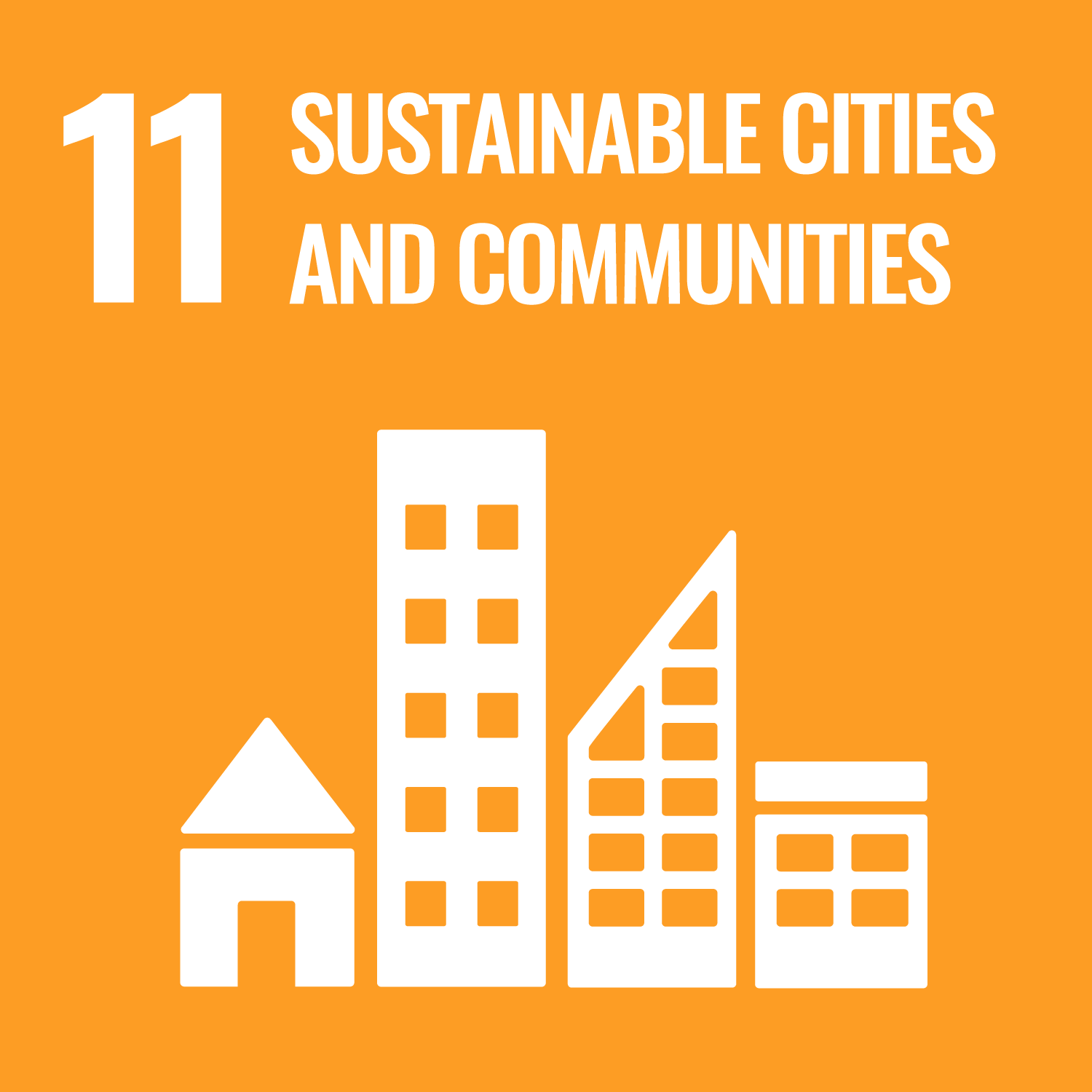Opening Doors
This project is also known as The Bexley SIB - This project withdrew from the Life Chances Fund programme in June 2021.
Aligned SDGs




General overview
Stage of development: Complete
Policy sector: Homelessness
Date outcomes contract signed: Jan 2020
Start date of service provision: Nov 2019
Anticipated completion date: Sep 2024
Capital raised (minimum): GBP 470k (USD 599.83k)
Max potential outcome payment: GBP 1.70m
This project withdrew from the Life Chances Fund programme in June 2021.
Service users: 31 individuals
Intervention
This proposal aims to reduce the numbers of single adults and childless couples at risk of homelessness living in temporary accommodation (TA), through delivery of individual support plans that will address an individual’s barriers to sustained housing
Target population
Single adults and childless couples at risk of homelessness living in temporary accommodation (TA)
Location
Country
- United Kingdom
Service delivery locations
- Bexley Council
Involved organisations
Configuration of contracting parties:
- Direct contract between outcome payer and provider
Commissioners/outcome payers
Service Providers
Investors
Outcome metrics
- Engagement with programme and creation of individual action plan
- Entry into accommodation
- Maintaining well-being at 6 months (Temporary due to COVID full 12 month achievement split into 6 and 12 months will revert to 12 month only)
- Sustainment of tenancy
- Independence achieved
- Improvement in Well being at 12 months (Note during COVID this has been split into 6 and 12 months with the 12 month achievement)
Powered by SyROCCo SyROCCo reports
The following articles are taken from the Systematic Review of Outcomes Contracts Collaboration (SyROCCo) Machine Learning tool.
The tool is a collaboration between the Government Outcomes Lab and machine learning experts from the University of Warwick, that allows you to navigate and explore data extracted from nearly 2000 academic and grey literature publications related to outcomes-based contracting.
Spreadsheet of data
Important Notice and Disclaimer on INDIGO Data
INDIGO data are shared for research and policy analysis purposes. INDIGO data can be used to support a range of insights, for example, to understand the social outcomes that projects aim to improve, the network of organisations across projects, trends, scales, timelines and summary information. The collaborative system by which we collect, process, and share data is designed to advance data-sharing norms, harmonise data definitions and improve data use. These data are NOT shared for auditing, investment, or legal purposes. Please independently verify any data that you might use in decision making. We provide no guarantees or assurances as to the quality of these data. Data may be inaccurate, incomplete, inconsistent, and/or not current for various reasons: INDIGO is a collaborative and iterative initiative that mostly relies on projects all over the world volunteering to share their data. We have a system for processing information and try to attribute data to named sources, but we do not audit, cross-check, or verify all information provided to us. It takes time and resources to share data, which may not have been included in a project’s budget. Many of the projects are ongoing and timely updates may not be available. Different people may have different interpretations of data items and definitions. Even when data are high quality, interpretation or generalisation to different contexts may not be possible and/or requires additional information and/or expertise. Help us improve our data quality: email us at indigo@bsg.ox.ac.uk if you have data on new projects, changes or performance updates on current projects, clarifications or corrections on our data, and/or confidentiality or sensitivity notices. Please also give input via the INDIGO Data Definitions Improvement Tool and INDIGO Feedback Questionnaire.